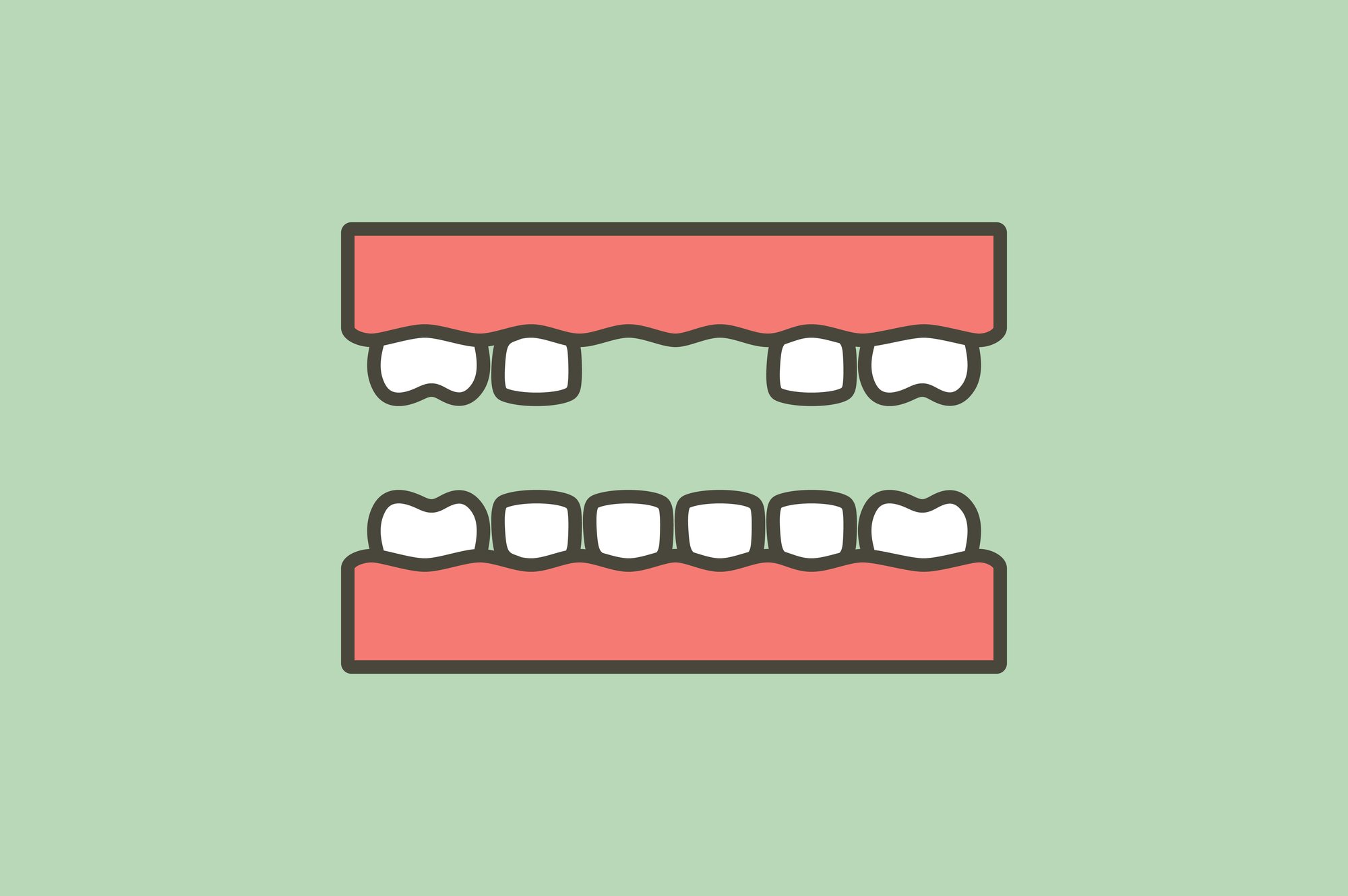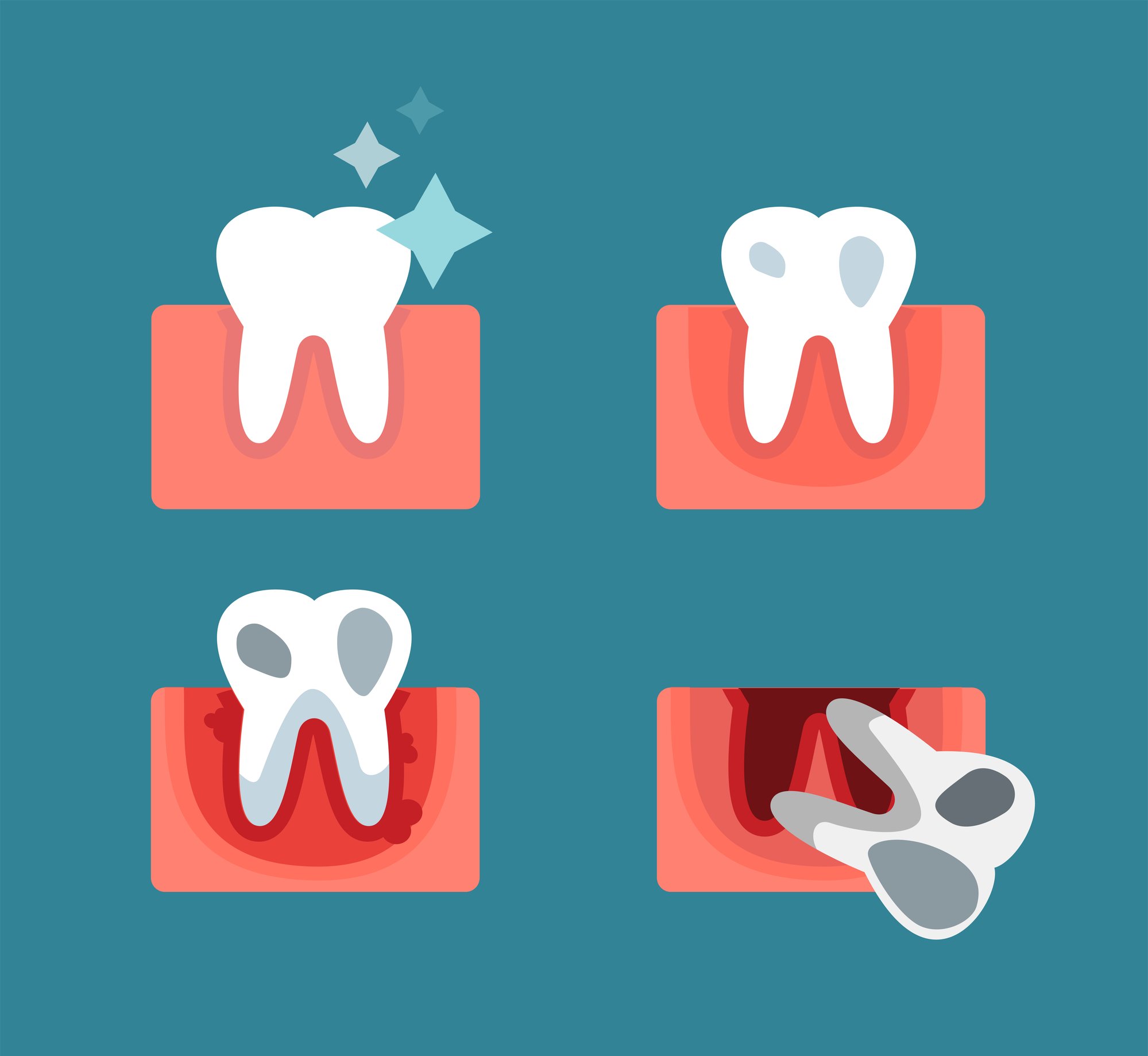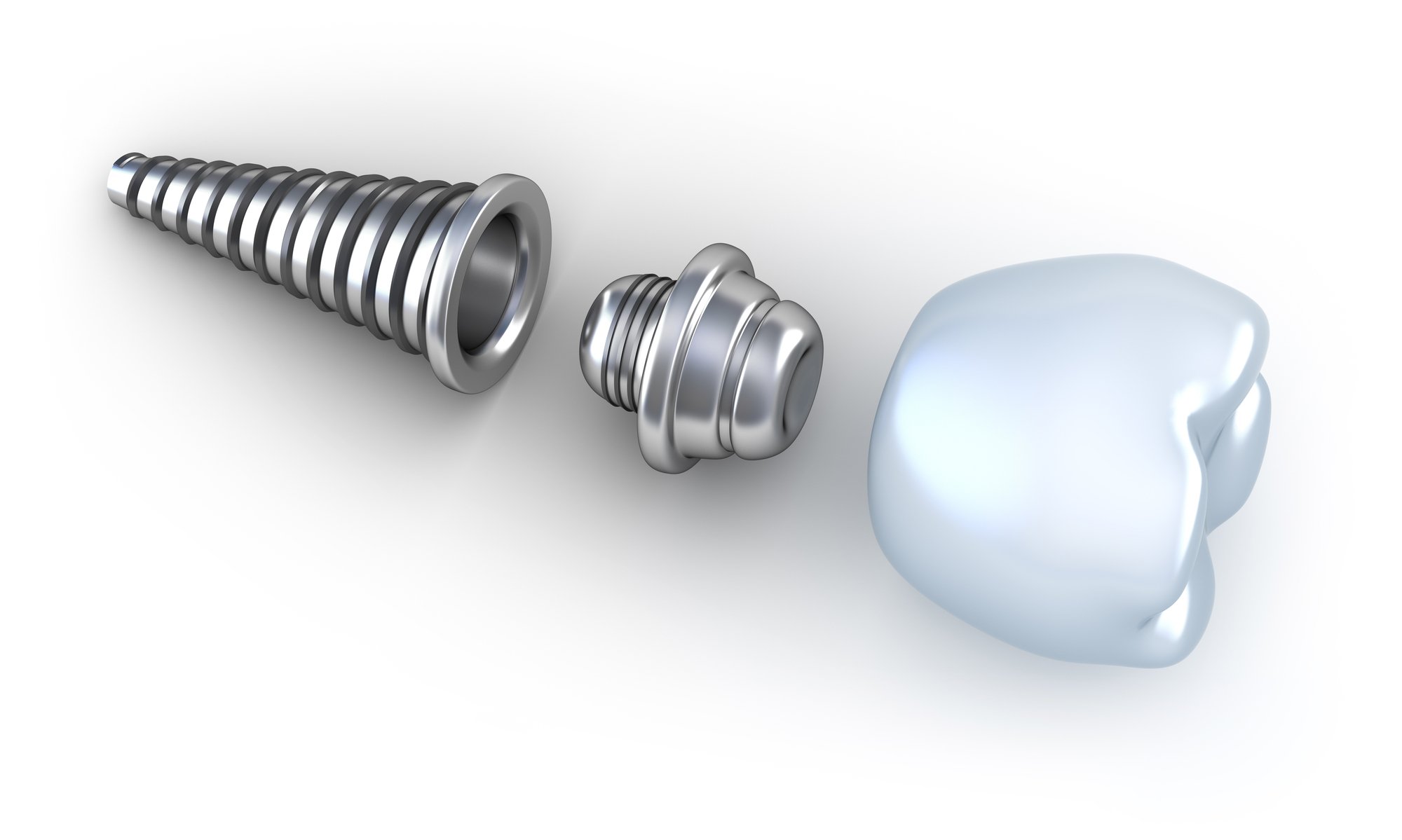
Like all aspects of your child’s health, oral health is extremely important. Children are just as susceptible to decay and gum disease as adults but neglecting their teeth can gum can lead to developmental issues as well. When children don’t have healthy teeth, it becomes more difficult to chew and speak. This can lead to malnutrition, a speech impediment, and even bullying.
Children’s dentistry aims to eliminate these issues mostly by providing preventative treatments for kids of all ages. According to the Australian Dental Association, parents should bring their children to the dentist by age one or by the time their first tooth erupts. Continue reading to learn about our preventative children’s dentistry treatments and how they can help your little one achieve optimal oral health.
Regular Dental Cleans and Exams
For children, visiting the dentist every six months (sometimes even more often) is essential. During regular dental cleans and exams, a dental hygienist and the dentist will clean and examine the child’s teeth and gums. These professionals use a keen eye and gentle hand to find and treat signs of decay or gum disease.
These appointments may consist of x-rays if necessary. Additionally, the children’s dentist may also recommend one of our other preventative treatments.
Fluoride Treatments
This naturally occurring mineral strengthens dental enamel so it can stand against disease-causing bacteria that lead to decay. Typically, fluoride is brushed onto each tooth; as it sits on the teeth, it absorbs into them. Patients should avoid eating and drinking anything for 30 minutes after their fluoride treatment.
Though there is controversy over the amount of fluoride that can be used on children’s teeth, our dentists ensure that your child is only exposed to a safe and agreed-upon level of fluoride. Remember, your child’s oral health and the appearance of their smile is our top priority!
Dental Sealants
One of the best ways to prevent cavities is to ask your dentist to apply dental sealants to your child’s molars. This biocompatible plastic is thinly layered over the top of the molars where cavities are most prevalent. The substance creates a seal on top of the teeth that disease-causing bacteria can’t infiltrate.
Education
A major benefit of children’s dentistry is that the parents and kids are educated on oral health. It is particularly important for parents to understand the signs of decay in their little ones’ mouths. This may look like white patches on the gums or discolored teeth.
Your children’s dentist will also educate you on how to care for your infant’s or toddler’s teeth while they still require your help. During these regular dental visits, you will learn about the proper brushing and flossing techniques, which types of toothpastes are appropriate, and the good eating and drinking habits for your child to maintain a beautiful smile throughout his or her lifetime.
Parents will also learn how to react in case of dental trauma, such as if a tooth gets knocked out during a sporting event.
Children’s Dentistry in Woolgoolga
If you’re searching for a dentist that will treat both you and your child with respect, care, and enthusiasm, our team at Magic Smiles is for you. We’re passionate about caring for patients of all ages, especially entire families! We love working with parents to help their child gain and maintain optimal oral health for years to come.
Contact our friendly team today at (02) 6654-0650 to schedule an initial consultation with our children’s dentistry specialists.






Recent Comments